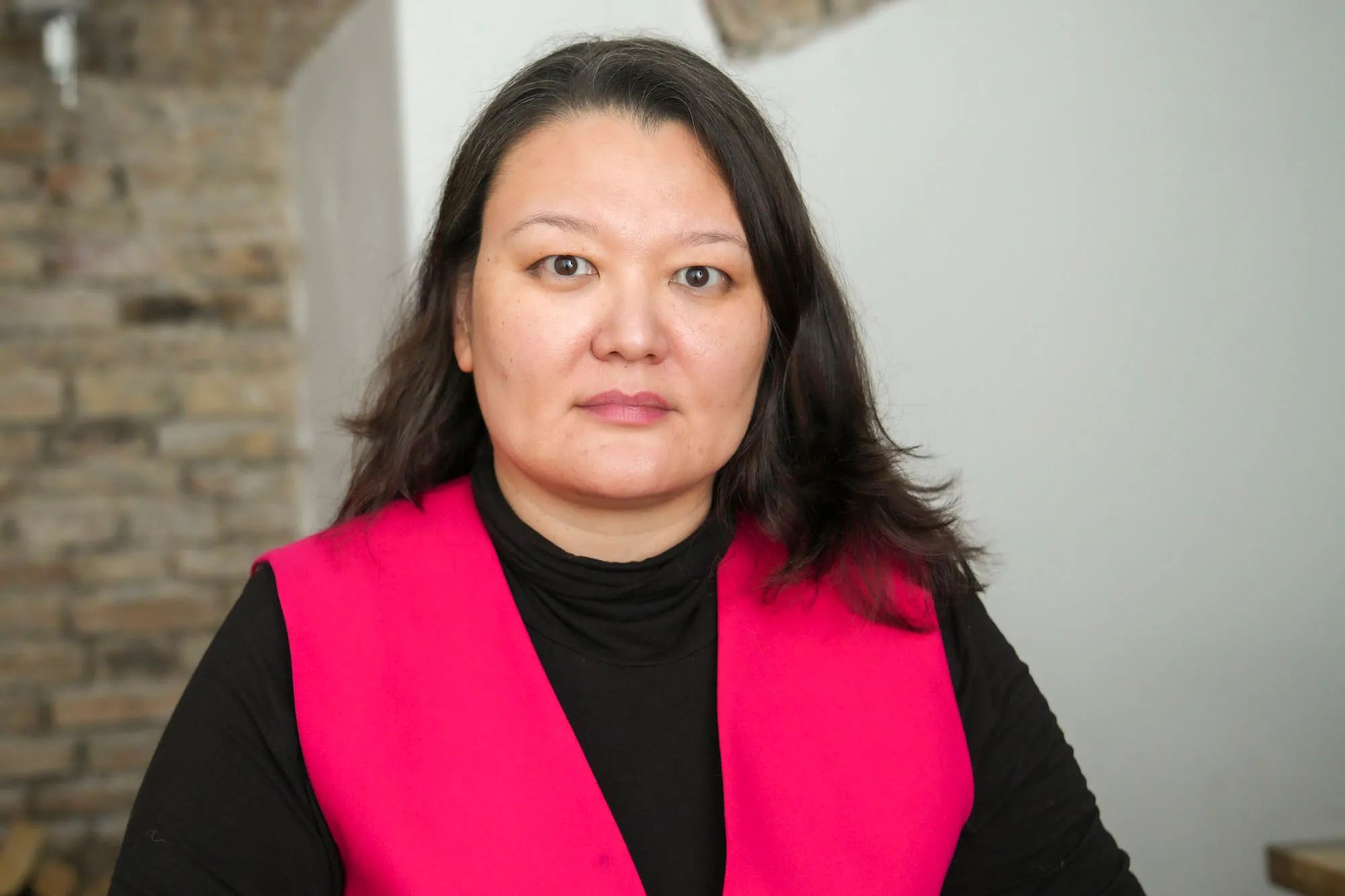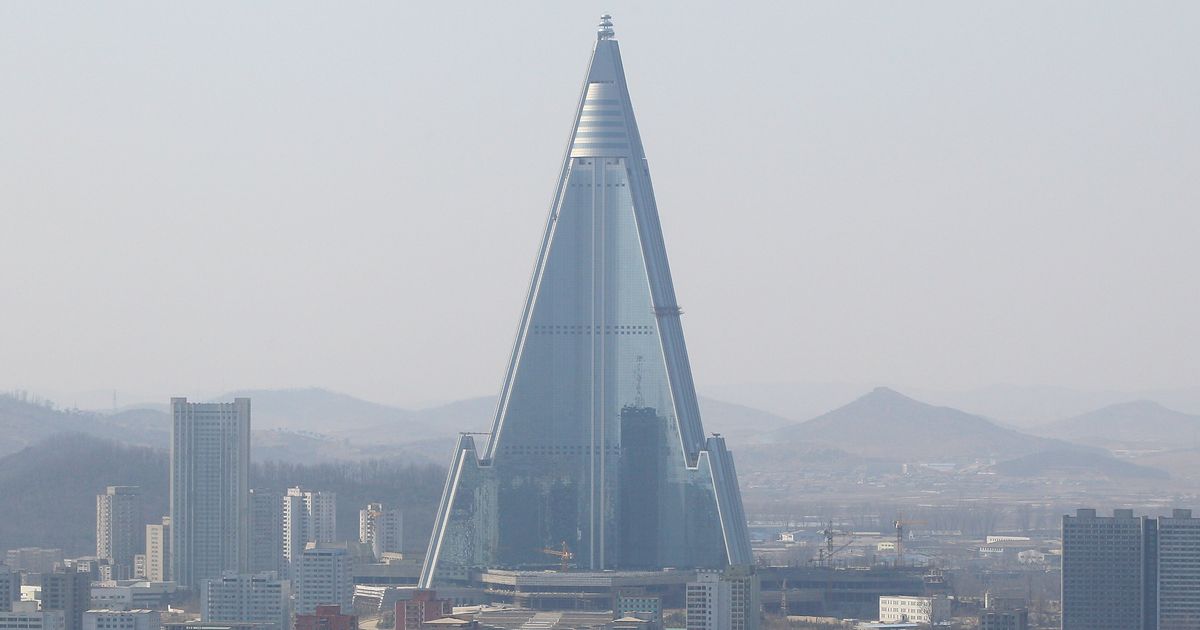A BRAVE Russian activist has vowed to never stop fighting against Putin's regime despite being poisoned with nerve toxins twice after fleeing Russia.
Natalia Arno, founder of the Free Russia Foundation, faced decades of threats, harassment and surveillance from Russian security services – and was eventually forced to leave her home country at gunpoint.
The 47-year-old was travelling through Europe in May when she was poisoned by an unknown nerve toxin – leaving her paralysed with pain.
She spoke to The Sun for our new documentary Foreign Agents – which is released tomorrow on our YouTube channel after 4pm.
Foreign Agents will chronicle the lives of those forced to flee Russia by Vlad's brutal rule.
"Kremlin's regime is murderous. Transnational operations like this are a key tool for them," Natalia told The Sun.
Read more on Russia
Putin general who wrote ‘Bible of War’ vows nukes will be used in Ukraine
Kim Jong-un will meet Putin in Russia to discuss possible weapons deal
"The Kremlin has very long tentacles in the West. The enemy is too powerful. We should be smarter."
On May 2, Natalia returned to her hotel room in Prague at 7.30pm after a private event to find the door ajar – and immediately thought an FSB officer might be waiting for her.
She found everything as she left it – but noticed a "strange" perfume-like smell.
The hotel's reception told her the maid probably left the door open and said they would look into it for her.
Most read in The Sun

Daniel Khalife CAUGHT by police four days after ‘terrorist’ escaped from prison

Telly impressionist Mike Yarwood dies age 82 after career spanning decades

Celebrity MasterChef fans all have the same complaint as winner is revealed

Freddie Flintoff seen helping to coach England nine months on from crash
Natalia went to sleep for a couple of hours and woke up in agonising pain – particularly in her teeth and tongue.
Assuming she was suffering from a dental problem, she took some painkillers.
But a few hours later, the pain worsened and started spreading through her body as her vision blurred and her arms and legs went numb.
Natalia waited to see a doctor and got on a flight back to the US, where she was rushed to hospital.
The Sun documentary Foreign Agents- which chronicles the lives of those forced to flee Russia by Putin – will be released tomorrow on our YouTube channel after 4pm.
"I didn't want to take any painkillers so I could have clean tests," she said.
"My team members advised me to have tests for heavy metals and other kinds of possible poisons."
After an investigation was launched, the FBI ruled out the use of Soviet-developed nerve agents – but her doctors and neurologist confirmed she was poisoned by "nerve toxins".
Medics diagnosed Natalia with neuropathy – a type of nerve damage – which they say isn't down to any natural cause and most likely caused by poisoning.
"I was surprised by the poisoning method they used, but I wasn't surprised to be targeted by the Kremlin," she said.
"It is scary, but when you are fighting for the cause, it's our life, not our career. It's a mission for us."
Natalia said being targeted is a "badge of honour" for her – and will never let the Kremlin silence her.
"If the Kremlin targets us, we are doing a lot of effective things. We are the worst enemies of the Kremlin regime," she said.
"But we think less about physical security. We thought if we fled Russia we would be safer.
"But unfortunately the Kremlin's agents and networks can reach us even in those countries. We should be more disciplined and more prepared."
Her case is still being investigated by US law enforcement agencies.
And it wasn't the first time Natalia has been targeted.
Back in July 2021, she was at an event in Vilnius, Lithuania when she noticed a similar perfume-like smell in her room – and later broke out in a fever and a rash.
Kremlin's regime is murderous. Transnational operations like this are a key tool for them
She has been harassed by Russian security services for years – who eventually forced her to leave the country with her son.
"I was travelling all across Russia… we were discussing how to make Russia better. This was something Russia didn't like," she told The Sun.
"I knew all my emails were being read, all my phone conversations being recorded, they were always chasing me.
"I would go to a grocery store, the gym, they were everywhere. They told me they knew what colour underwear I was wearing because they had bugs in my bathroom.
"It was years and years of surveillance. I wasn't worried about my personal safety but I have a son and they knew everything about my son.
"Back in Russia, there were times I would be forcibly put in a car, even near the US Embassy. There were times I was scared.
"I was used to such intimidation. I wasn't surprised when I saw the guys in my apartment building.
"They told me I had 48 hours to leave or I would be in jail for a very long time.
"I was threatened and given a choice – be in jail for 20 years or I had 48 hours to pack and leave. So I chose freedom. I'm glad I'm still in this fight 10 years later."
This happened in 2012 and Natalia left Russia to start a new life in the US.
The Free Russia Foundation supports Russian activists, journalists and pro-democracy organisations.
It's also currently working to get Ukrainian prisoners of war released from Russian captivity and advocating for Russians, Belarusians and Kazakhs living in exile.
Natalia's vice president, Vladimir Kara-Murza, has also been targeted, being poisoned twice with Novichok while travelling through Russia.
And in April, Kara-Murza was sentenced to 25 years in prison after being arrested for speaking out against the war in Ukraine on MSNBC.
Critics of the Kremlin have long been targeted beyond the borders of Russia – with security agents reaching Western soil.
Former Russian double agent Sergei Skripal was poisoned by the nerve agent Novichok in Salisbury in the UK in March 2018.
Read More on The Sun
Ex paramedic reveals five popular foods you should never give kids under 5
Huge star to front Asda’s Christmas ad after signing mega-money deal
And the poisoning and death of Alexander Litvinenko in 2006 made headlines around the world.
Source: Read Full Article









